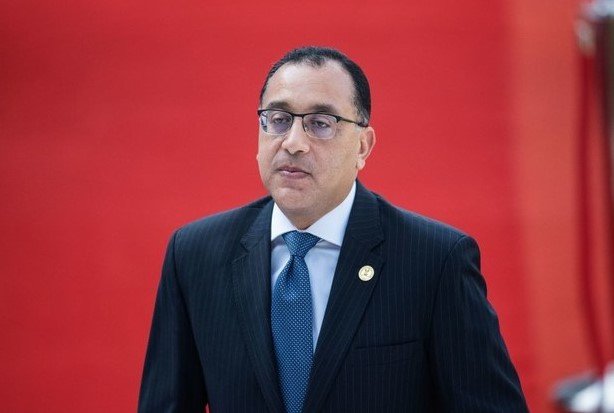Egyptian Prime Minister Mostafa Madbouly has confirmed that the government has no plans to raise electricity prices at this time. Speaking at a press conference in Cairo on September 11, 2025, he focused on economic stability and debt reduction efforts amid ongoing financial challenges.
Madbouly’s Key Statements on Economy
The prime minister highlighted efforts to cut domestic debt to levels not seen in years. He explained that a coordinated plan involving the Ministry of Finance, Ministry of Planning, and Central Bank aims to bring debt down to 80 percent of GDP this year.
Madbouly reassured citizens that foreign debt remains under control with annual caps in place. He noted that major obligations from last year have been managed, easing previous strains.
He emphasized that the toughest phase of debt management is behind Egypt. This comes after years of high inflation and currency shortages that worried many people.
No Immediate Changes to Electricity Costs
Madbouly directly addressed rumors of price increases in the energy sector. He stated clearly that no hikes are planned right now, aiming to calm public concerns during a time of economic recovery.

This announcement follows earlier discussions about gradual adjustments to energy subsidies. In recent months, the government has focused on balancing budgets without adding burdens to households.
Experts point out that stable electricity prices help control inflation, which has been a major issue. Keeping costs steady supports families and businesses as the economy rebounds.
The prime minister tied this to broader goals of financial health. He mentioned that foreign investments have provided a buffer, reducing the need for sudden changes.
Background on Egypt’s Debt and Energy Challenges
Egypt has faced heavy foreign debt for several years, leading to shortages in foreign currency. This pressure drove up living costs and sparked public anxiety about the future.
Inflation peaked in recent times, forcing tough choices on subsidies. The government has worked to phase out some supports gradually to avoid shocks.
Key factors include global events like rising fuel costs and supply chain issues. These have hit energy sectors hard, making stability a top priority.
Recent data shows foreign debt at around 90 billion dollars as of mid-2025. Efforts to cap it annually aim to prevent further growth.
- Major challenges: High inflation rates reaching 30 percent in 2023.
- Currency issues: Shortages led to black market trading.
- Subsidy reforms: Gradual reductions planned until 2030.
Major Investments Boosting Stability
A turning point came with deals like the 35 billion dollar Ras El Hekma project with the UAE. This influx of funds has strengthened reserves and eased currency pressures.
Other investments in renewable energy target 2.8 billion dollars for the 2025-2026 fiscal year. The goal is to double renewable contributions to 20 percent of electricity supply.
These steps address past power shortages and blackouts. Improved infrastructure now supports more reliable service across the country.
The Supreme Energy Council, chaired by Madbouly, recently met to plan these expansions. Focus areas include new urban projects and agricultural developments.
Public Reactions and Expert Views
Citizens have mixed feelings based on social media and reports. Many welcome the no-hike news but recall past increases that raised bills by up to 30 percent.
Experts praise the cautious approach, noting it helps tame inflation now at lower levels. They warn that long-term subsidy reforms are still needed for sustainability.
Some analysts predict future adjustments if global energy prices rise. For now, the statement provides relief amid recovery efforts.
| Year | Key Event | Impact on Electricity Prices |
|---|---|---|
| 2023 | Subsidy phase-out begins | Increases up to 20% for households |
| 2024 | Industrial discounts revoked | 15-25% rise for businesses |
| 2025 | No hike announced | Stability maintained for now |
What This Means for Egypt’s Future
Looking ahead, the government plans to invest heavily in renewables to cut costs over time. Targets include reducing reliance on imports and building a greener grid.
This could lead to lower prices eventually, but challenges like global oil fluctuations remain. Madbouly’s team stresses monitoring to avoid surprises.
The focus on debt reduction signals a shift toward growth. With foreign commitments under control, Egypt aims for stronger economic footing.
Share your thoughts on this development in the comments below. Did the announcement ease your concerns about rising costs? Spread the word by sharing this article with friends and family.
